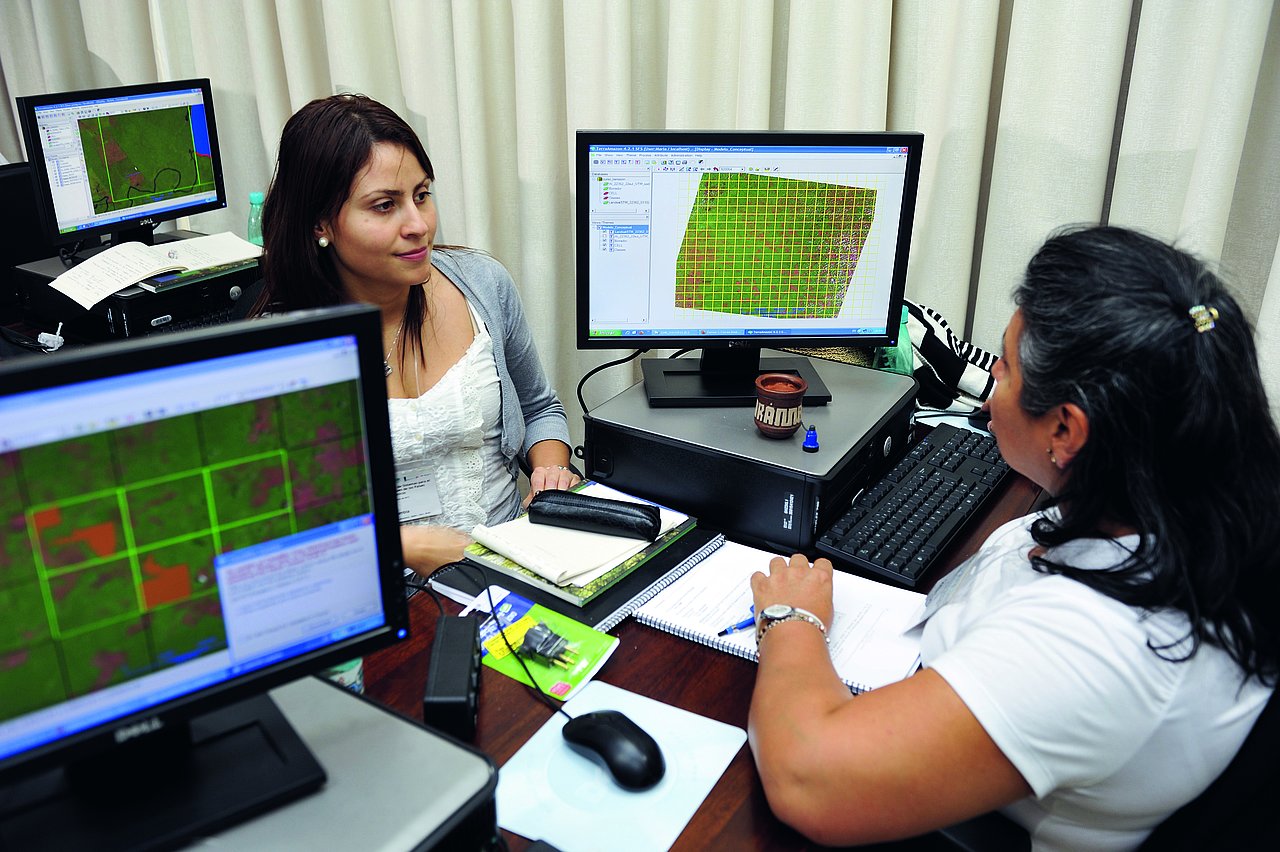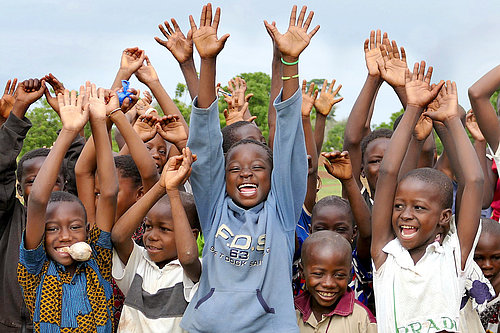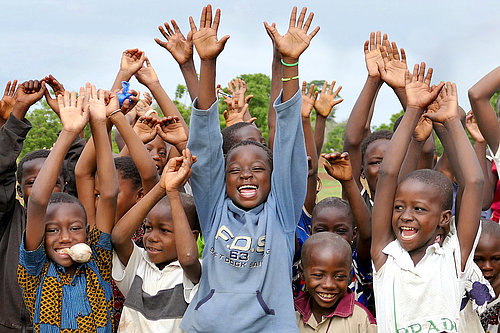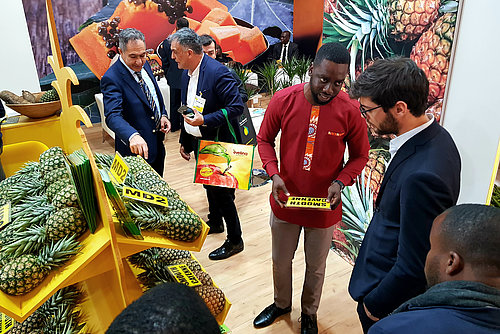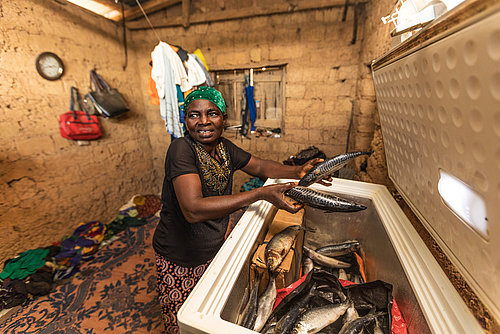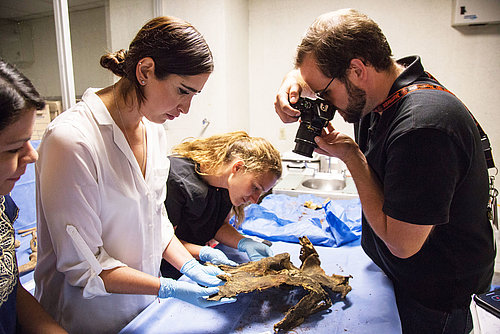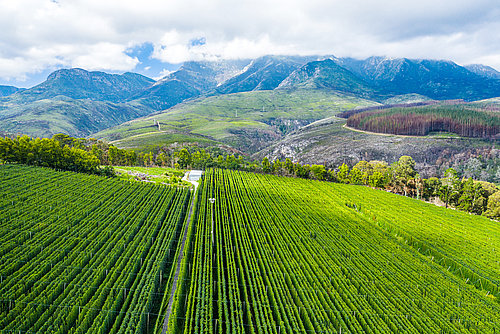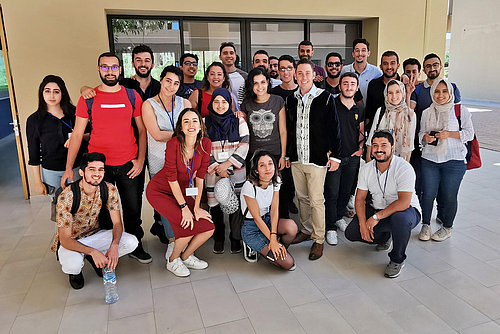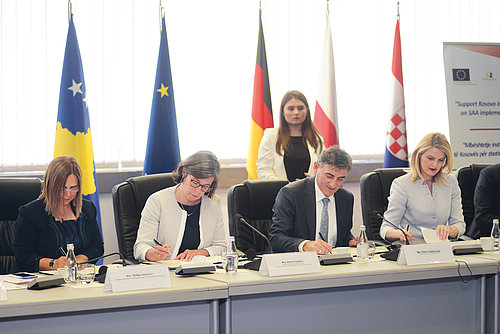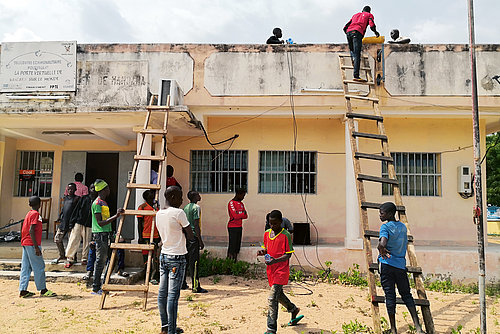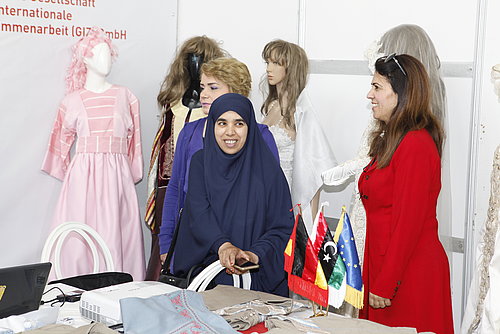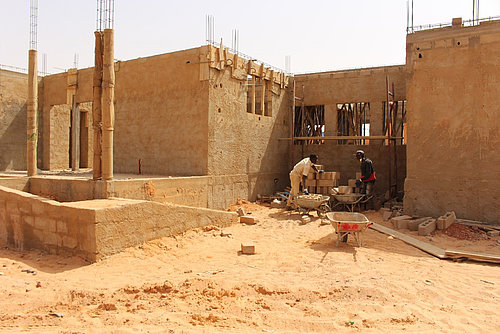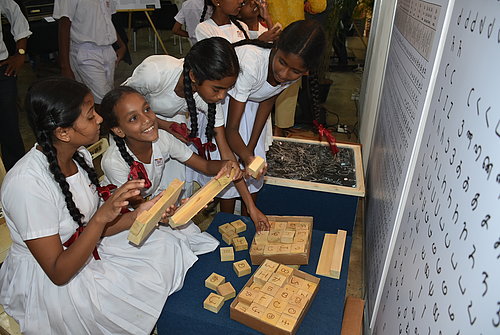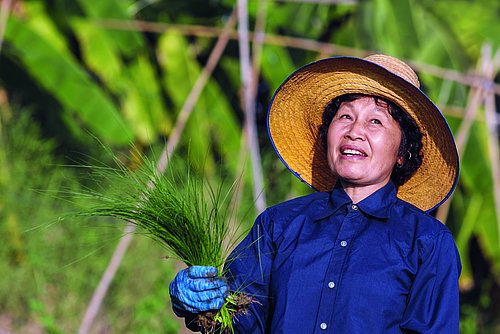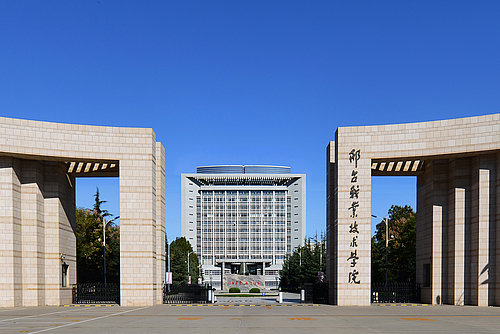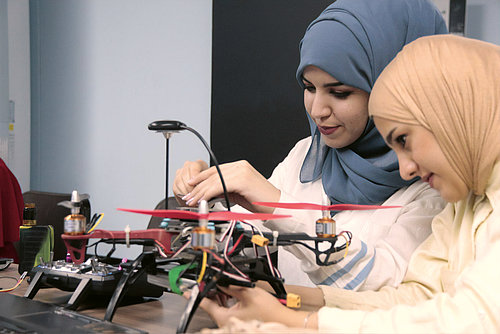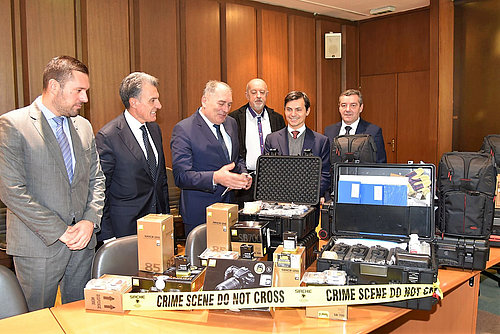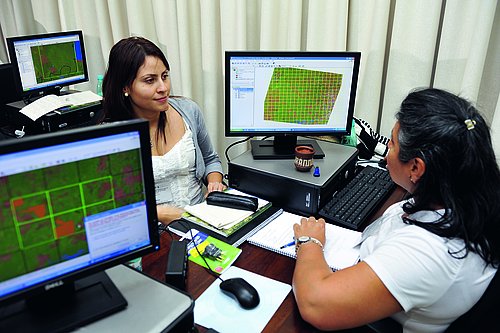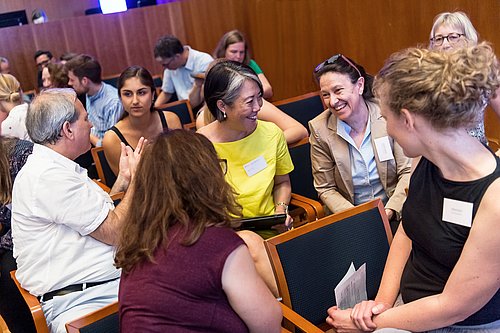Brazil is one of the world’s most densely forested countries, making it an essential element in global efforts to combat climate change. In the Amazon, private landowners are required by law to conserve 80 per cent of the natural vegetation on their land – primarily forest. To make sure that this obligation does not end up becoming just an empty promise, GIZ is working on behalf of BMZ to assist the Brazilian Forest Service as it works to set up and operate a digital environmental registry, known as CAR. All landowners have to register with CAR and provide information about their land electronically. Anyone falling short of the 80 per cent yardstick is required to replant trees. The project originated in the Amazon but – in partnership with the World Bank – is now being expanded to the Cerrado (Brazilian savanna), which covers around one fifth of Brazil’s surface area. More than six million privately owned tracts of land in Brazil have already been entered into the registry. In the Amazon, their number stands at 1.3 million and equates to almost 290 million hectares, which is eight times the size of Germany. Satellite images are also part and parcel of the project, helping to verify information and thus launch countermeasures. Imposing penalties for non-compliance is the biggest challenge at the moment. CAR is laying the groundwork for steps to systematically counteract forest fires and illegal deforestation.
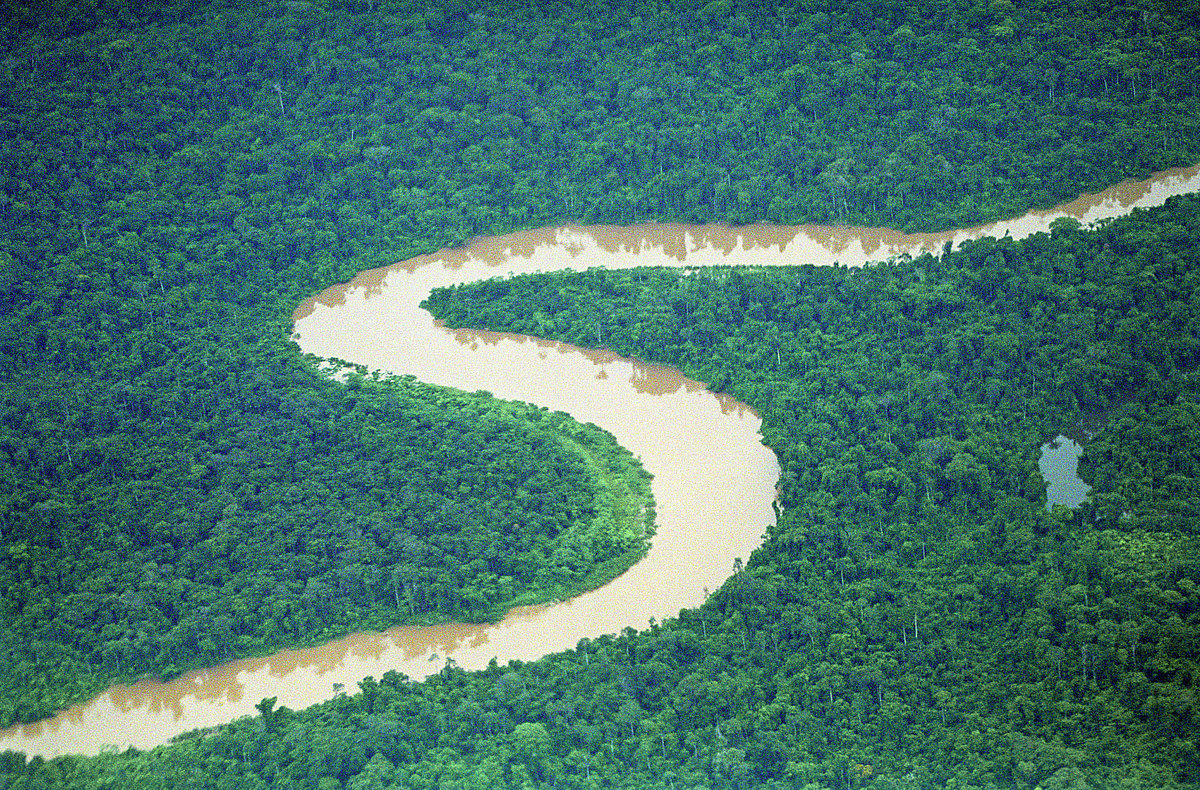
GRI standard 201-2; UNGC 7
Insights into our projects in 2019
We are active in some 120 countries with 1,600 projects.
Discover the world of GIZ by learning about examples of projects undertaken in the 2019 reporting year.
We are active in some 120 countries with 1,600 projects.
Discover the world of GIZ by learning about examples of projects undertaken in the 2019 reporting year.
Are you interested in other GIZ projects?
